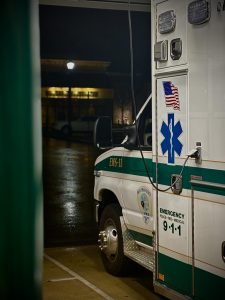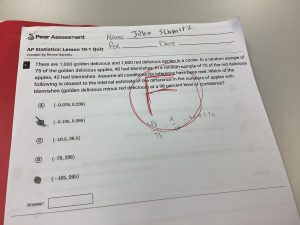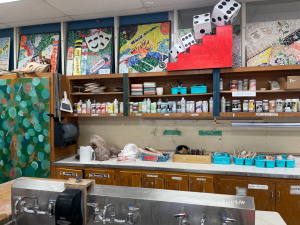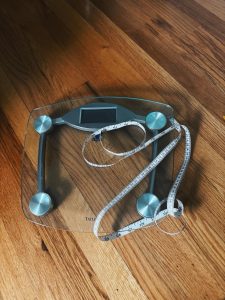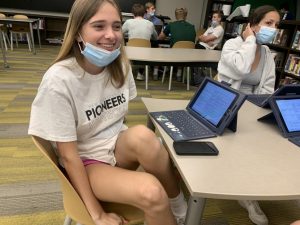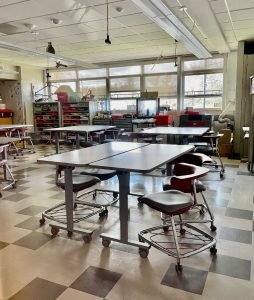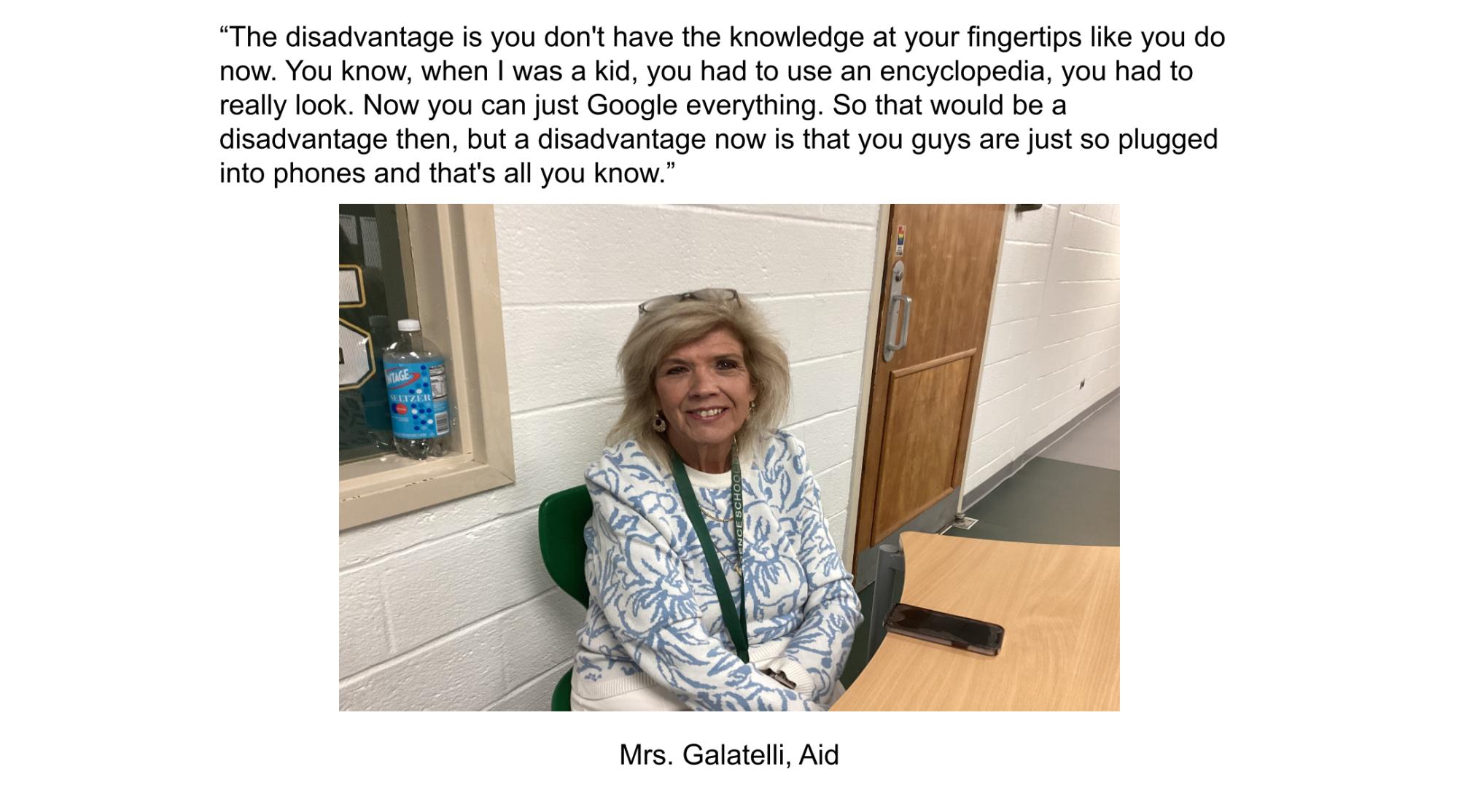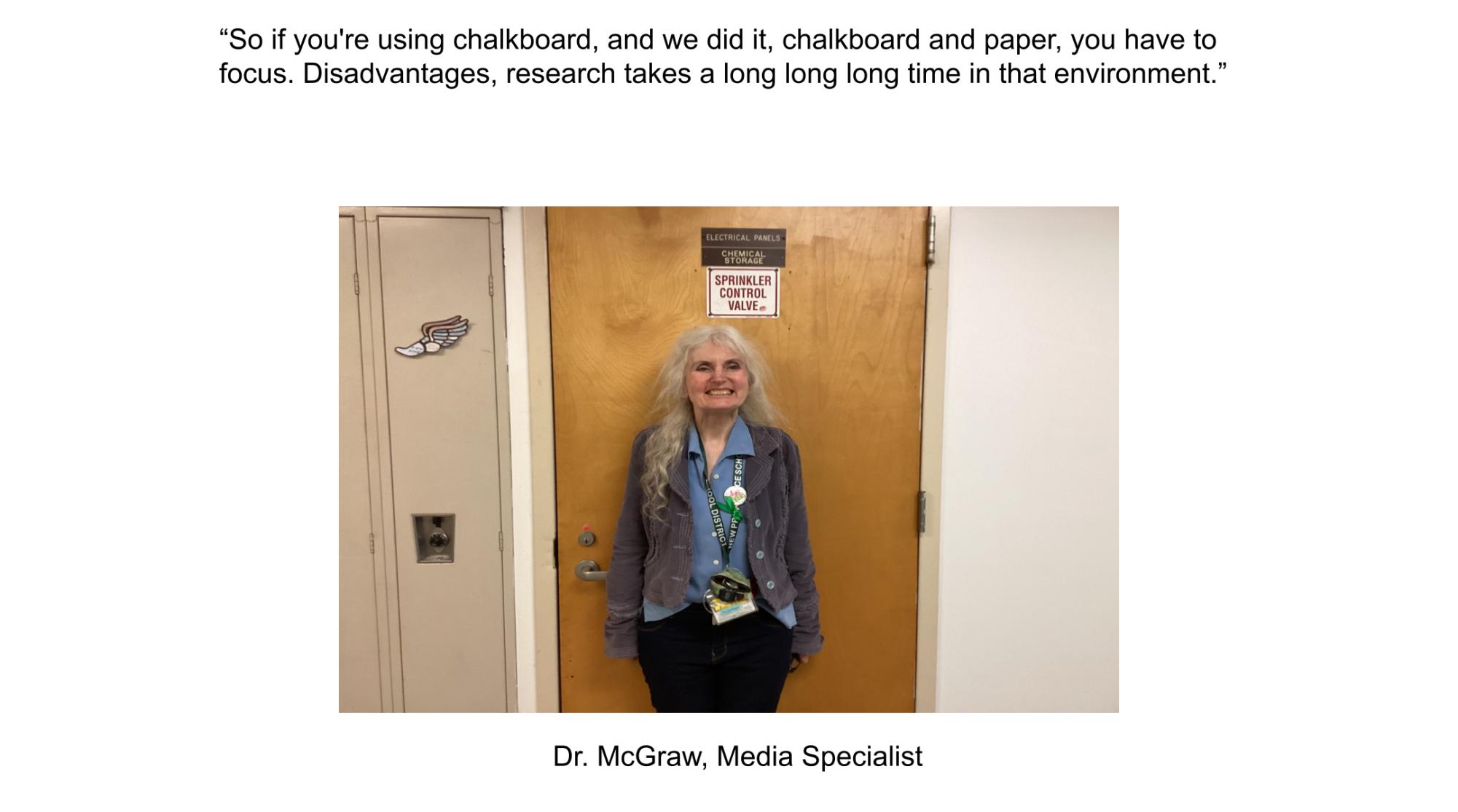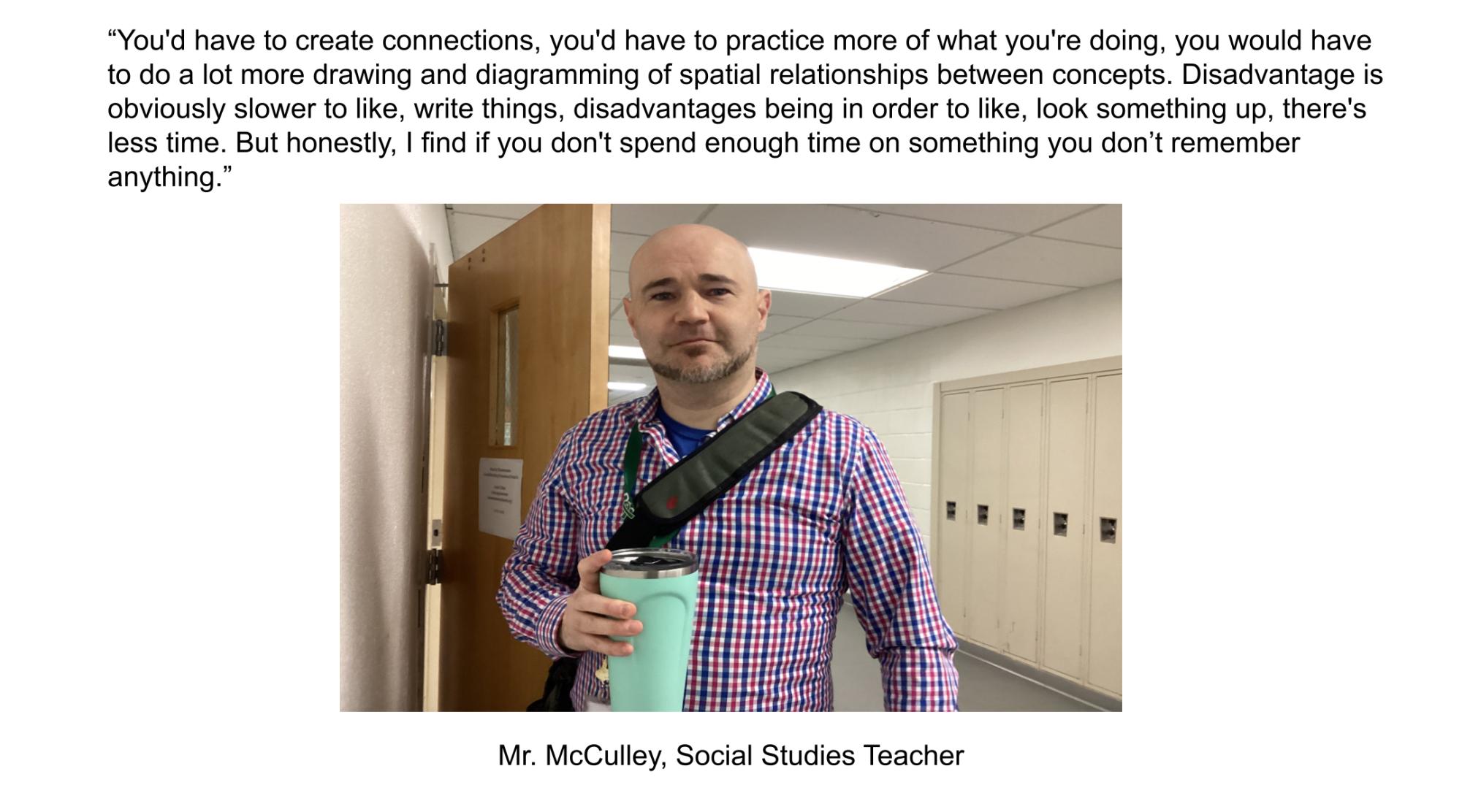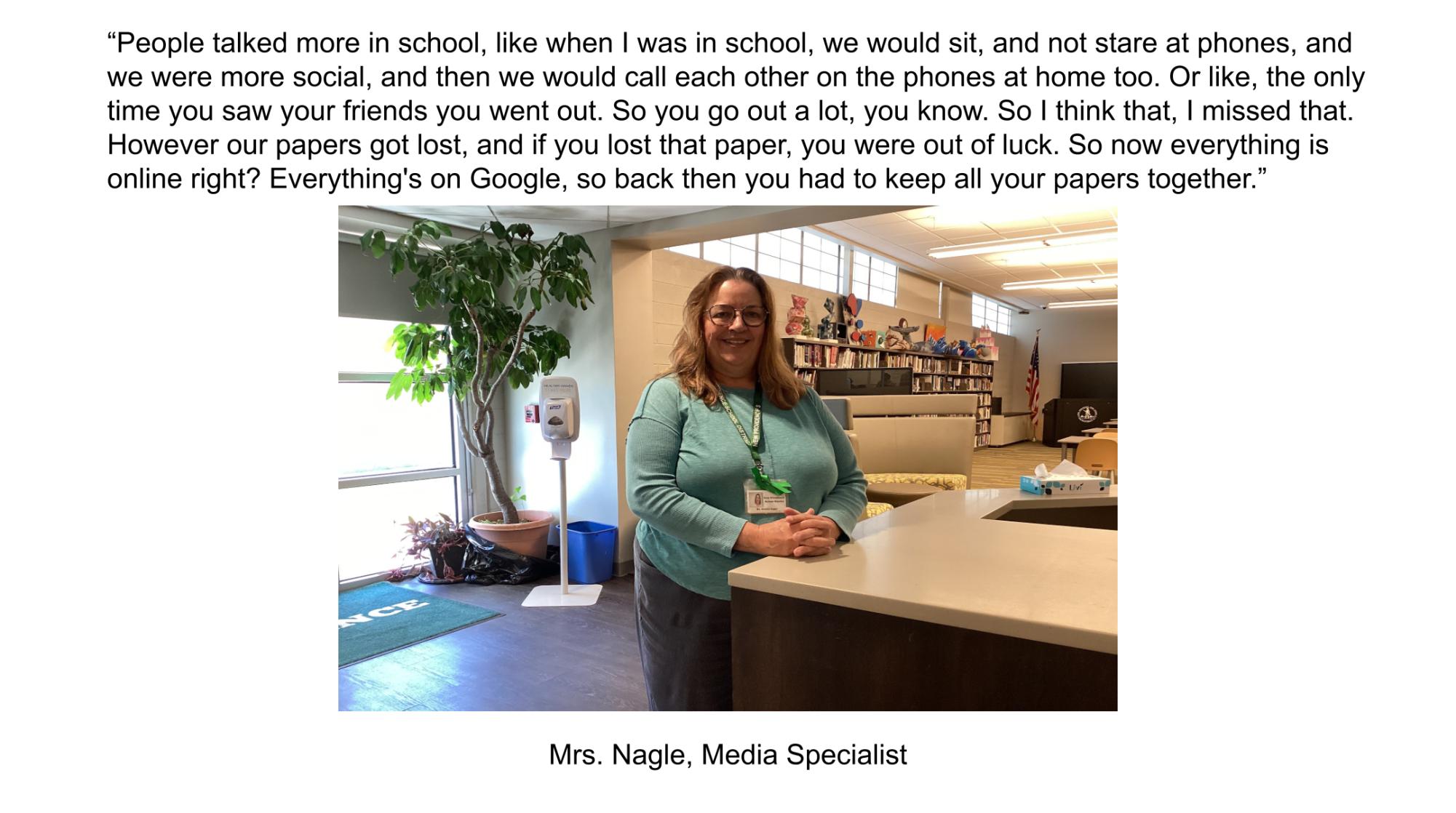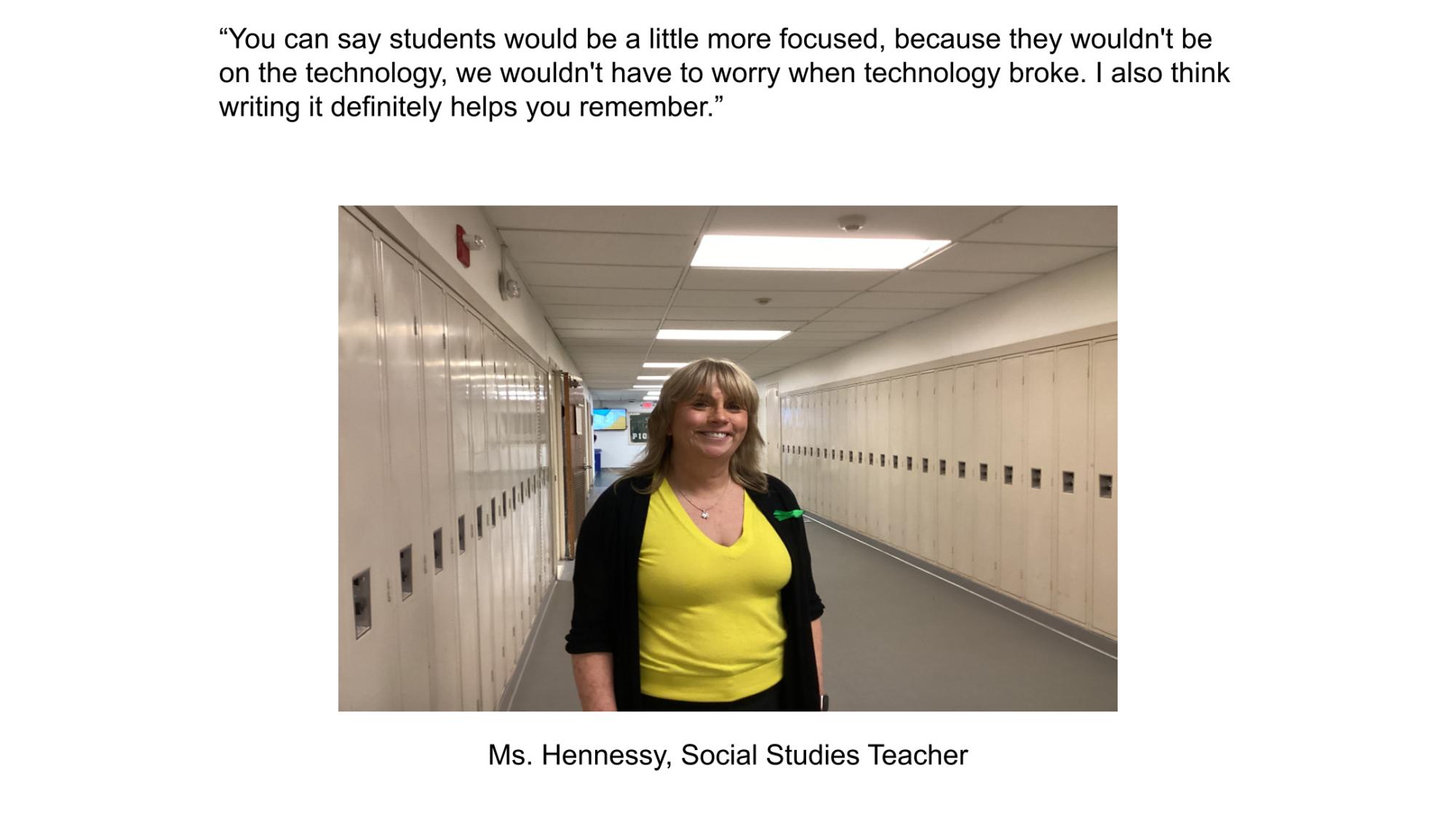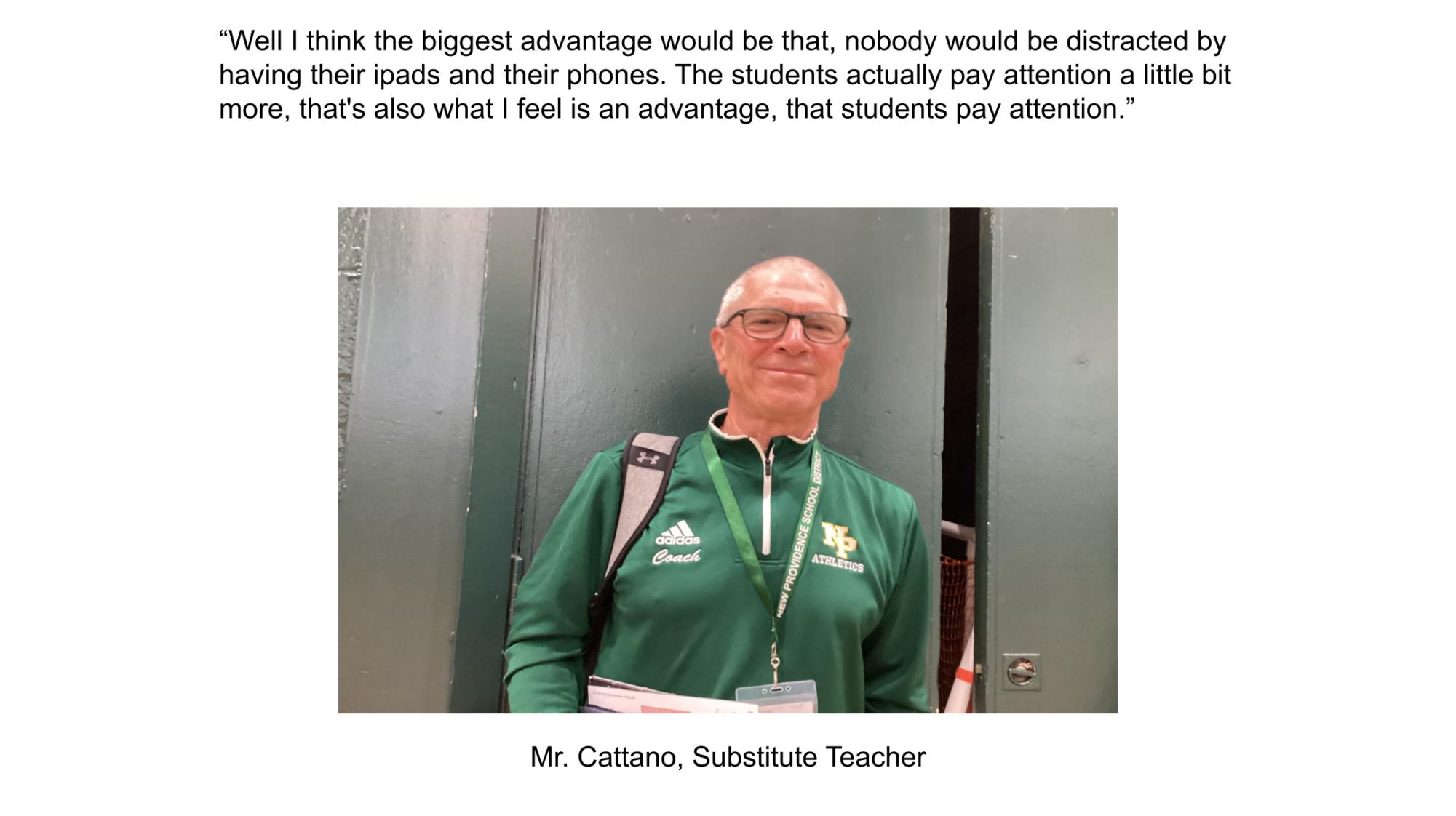Reflections on the First Marking Period
December 10, 2020
The 1st marking period of the 2020-2021 school year has come to a close. Staff and students have cemented the new hybrid schedule into their daily routines, yet the struggles of the new way of life is fully clear after two months of assignments, projects, and tests. The COVID-19 adjustments at the start of the year begged the question to many: “How will I learn effectively?”
For many, positive results have reflected in their grades and learning abilities.
“In comparison with the online school tried after the outbreak of COVID and regular in-person school, my grades are performing much better,” says Kyle Tierney, a senior. “The online school allows for more flexibility for students like me who are more independent. I’m definitely taking advantage of the schedule to improve my grades and find new ways of learning.”
For others, their grades might not be negatively impacted by the change, but they don’t think that the day-to-day assignments are allowing them to learn as effectively as they’d like.
“Yes, my grades are as good if not better than they would be if there was a normal schedule, but I don’t feel that my knowledge of what I am being taught is being improved,” says Shane Cook, a junior. He says he completes “assignment after assignment on a tough schedule without any time to sit down and really apply the critical thinking skills necessary to understand everything”
Students must keep themselves centered at home, because the stakes are high. If a student is overwhelmed while virtually studying, crucial details such as a due date for a report or the date of an exam may be overlooked. In addition, it is difficult for some students to keep on top of their schoolwork as the heavy dependency on technology struck along with the reopening of schools.
“To go along with that, trouble with tech and navigating the occasional online problems makes some of the smaller details of learning more difficult,” Cook says.
Before any online curriculum can expect to succeed, both students and facilitators must possess a minimum degree of computer knowledge and be capable of navigating the online learning experience efficiently. They can not excel in an online class if they do not have these technological tools; the whole program will be weighed down by a student or faculty member who does not work on the device.
For a good online program, user-friendly and stable technology is important. Also the most modern equipment, though is not 100 percent reliable. Unfortunately, it is a matter of when the technology used in an online curriculum is going to crash.
Fortunately, the tech department has been 100% dedicated to resolving these issues so that classes are able to continue with relative ease.
For most, the challenges the pandemic have brought only means different ways to go about doing school.
Robert Schmidt, a junior, says that “the 1st marking period has had its challenges but considering the current situation we’re in I’m making the most of it. My only concern is that the teachers are on schedule for end of the year tests like the AP exams and finals. It has been a great challenge for them to fit in all the content necessary to teach us everything necessary.”
Among NPHS students and instructors, this opinion seems to be a common one. Most people are still adjusting but the longevity of this system of learning will really be tested come the end of the year.
One thing’s for sure, NPHS has been resilient since day one, and two months later it has adapted to achieve the most possible.
“We will continue to learn whether it’s in-person or online. The year will go on,” Schmidt said.

